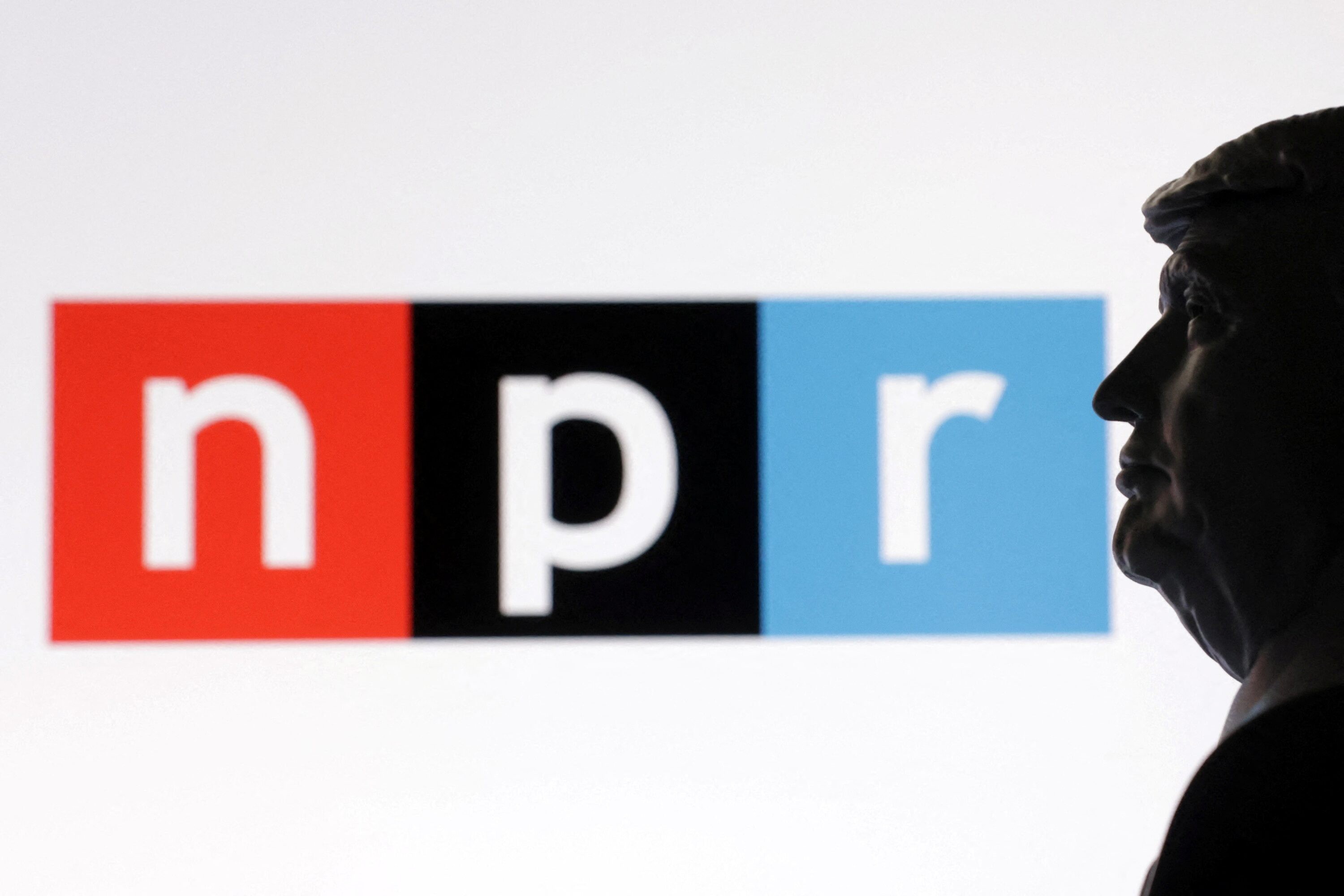
How does NPR get its funding? NPR, or National Public Radio, relies on a mix of funding sources to keep its programs running. The primary sources include listener donations, corporate sponsorships, and grants from institutions like the Corporation for Public Broadcasting (CPB). Local member stations also contribute by paying fees to broadcast NPR content. Listener donations make up a significant portion, showcasing the public's trust and support. Corporate sponsorships provide another chunk, often seen as "underwriting" during broadcasts. Grants from CPB and other foundations help fill in the gaps, ensuring diverse and quality programming. This blend of funding sources allows NPR to maintain its independence and deliver unbiased news.
NPR's Funding Sources
National Public Radio (NPR) is a well-known media organization in the United States. Understanding how it gets its funding can be quite enlightening. Here are some key facts about NPR's financial structure.
-
Public Funding: NPR receives a portion of its funding from federal, state, and local governments. This public funding helps support its mission to provide educational and informative content.
-
Member Stations: NPR is a network of over 1,000 public radio stations. These member stations pay fees to NPR for programming and services, which constitutes a significant part of NPR's revenue.
-
Corporate Sponsorships: Companies sponsor NPR programs and segments. These sponsorships are a major source of revenue, allowing NPR to maintain high-quality content without relying solely on public funds.
-
Individual Donations: Listeners contribute through donations. These individual contributions are crucial, as they provide a steady stream of income that supports NPR's operations.
-
Foundation Grants: Various foundations provide grants to NPR for specific projects or general support. These grants often fund investigative journalism or special series.
Government Support
Government support plays a vital role in NPR's financial health. Let's break down how this support is structured.
-
Corporation for Public Broadcasting (CPB): CPB is a private, nonprofit corporation created by Congress. It provides funding to NPR and its member stations, ensuring that public radio remains accessible to all.
-
Federal Grants: NPR occasionally receives federal grants for specific projects, such as educational programming or technological upgrades.
-
State and Local Funding: Some state and local governments allocate funds to public radio stations, which in turn support NPR through membership fees.
Revenue from Programming
NPR's programming is not just about content; it's also a significant revenue stream. Here's how NPR monetizes its programming.
-
Syndication Fees: NPR syndicates its programs to other media outlets, generating revenue from syndication fees.
-
Podcast Revenue: NPR produces popular podcasts that attract sponsorships and advertising, contributing to its overall revenue.
-
Live Events: NPR hosts live events, such as panel discussions and concerts. Ticket sales and sponsorships from these events add to NPR's income.
Diversified Income Streams
NPR has diversified its income streams to ensure financial stability. Here are some additional ways NPR generates revenue.
-
Merchandise Sales: NPR sells branded merchandise, such as clothing and accessories. These sales provide an additional revenue stream.
-
Digital Advertising: NPR's website and digital platforms feature advertisements. Revenue from digital advertising helps support NPR's online content.
-
Endowments: NPR has endowment funds that generate income through investments. These endowments provide long-term financial stability.
-
Licensing Fees: NPR licenses its content to other media organizations. Licensing fees from these agreements contribute to NPR's revenue.
Understanding NPR's funding reveals a complex web of revenue sources that ensure its ability to provide high-quality, independent journalism.
NPR Funding: The Bottom Line
NPR funding is a mix of public and private sources. Federal funding, through the Corporation for Public Broadcasting, covers a small portion. Most of NPR's budget comes from listener donations, corporate sponsorships, and foundation grants. This diverse funding model helps NPR maintain editorial independence and produce high-quality content.
Understanding where NPR's money comes from can help listeners appreciate the value of their contributions. Every donation, big or small, plays a role in keeping NPR's programming on the air. So next time you tune in, remember that your support is part of what makes it all possible.
NPR's funding story is a testament to the power of community support and the importance of diverse revenue streams in sustaining independent journalism. Keep this in mind when you hear that familiar pledge drive—it’s more than just a request; it’s a call to keep quality journalism thriving.
Was this page helpful?
Our commitment to delivering trustworthy and engaging content is at the heart of what we do. Each fact on our site is contributed by real users like you, bringing a wealth of diverse insights and information. To ensure the highest standards of accuracy and reliability, our dedicated editors meticulously review each submission. This process guarantees that the facts we share are not only fascinating but also credible. Trust in our commitment to quality and authenticity as you explore and learn with us.
